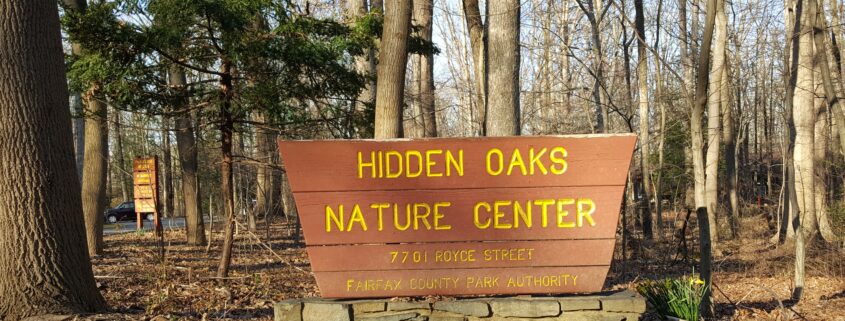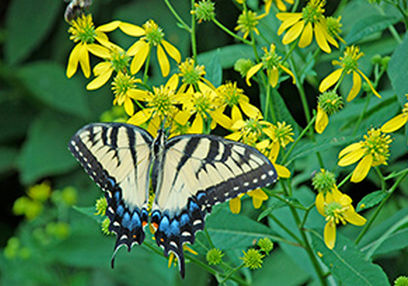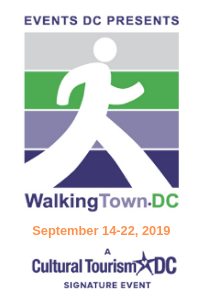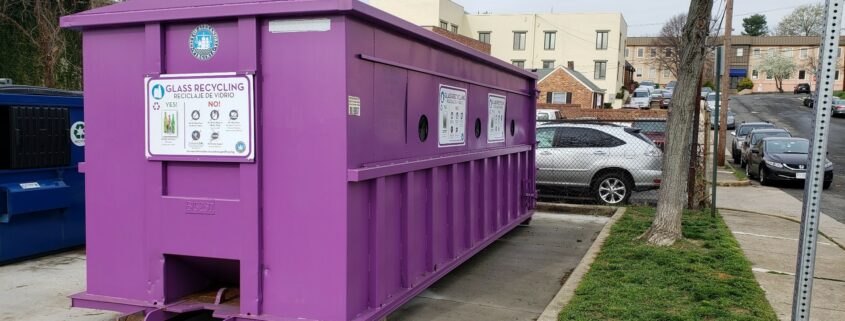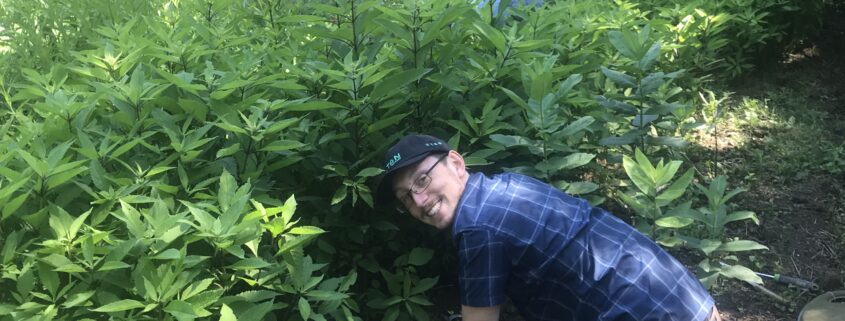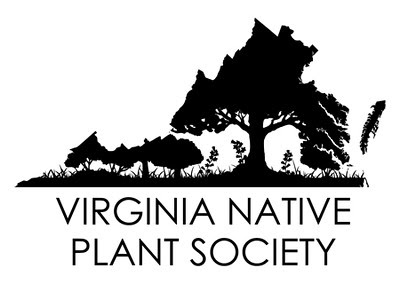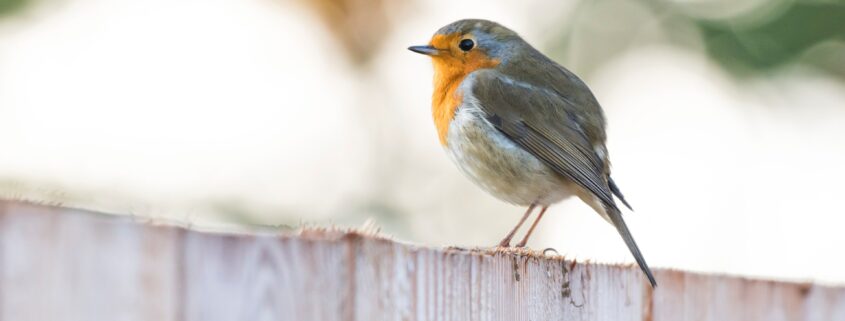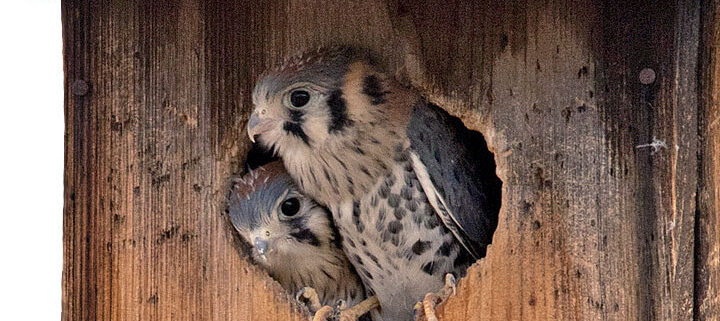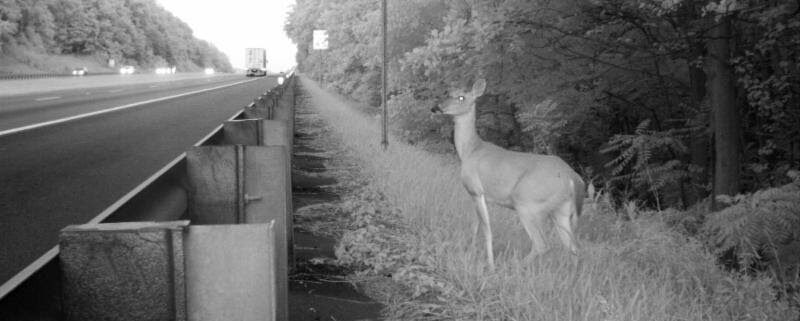Webinar Details
Wednesday, August 28, 2019, 12:00 pm
Meeting Number: 306-718-517
Link to Join: Join Webinar
Link for recordings of this and past webinars: VMN Continuing Education Webinar page
Description
As wildlife move across the landscape or through our waterways, they increasingly find their habitat shrinking or carved up by human development and infrastructure. The road network was built with a focus on providing safe and efficient transport, with little regard for ecology. Roads not only threaten the viability of certain species’ populations, but also pose a substantial risk to driver safety. Virginia is consistently among the 10 states with the highest number of deer-vehicle collisions, with more than 60,000 reported each year.
Today, the transportation and scientific communities increasingly seek to reconnect fragmented habitat and avoid further disruption to wildlife movement. It is now more widely recognized that prioritizing wildlife corridor protection and helping wildlife move safely through the landscape is a benefit to both wildlife populations and drivers.
This webinar focuses on three road ecology efforts underway in the Commonwealth:
- Wildlife crossing research conducted by the Virginia Transportation Research Council (the research division on VDOT)
- A newly established Virginia Safe Wildlife Corridors Collaborative that seeks to implement solutions to address driver safety and habitat connectivity, and
- The development of wildlife corridor legislation to identify corridors in the Commonwealth and encourage the implementation of measures to ensure safe wildlife passage across roadways.
Presenters
Misty Boos received a Master of Environmental Planning degree from the University of Tasmania in 2006 and a BS in Sociology with emphasis on Environmental Studies from Southern Oregon University. She has extensive experience in the non-profit sector working on research projects and in the field for many environmental organizations. She has been an active participant and leader for Wild Virginia outings and completed training as a Virginia Master Naturalist.
Bridget Donaldson is an associate principal research scientist at the Virginia Transportation Research Council. She holds a BS in Ecological and Populational Biology from the University of Colorado and an MS in Ecology and Evolutionary Biology from the University of Tennessee. While her research covers a variety of environmental topics, ranging from climate change to roadkill composting, she has been involved in the research and implementation of measures to reduce wildlife-vehicle collisions for over 15 years.



